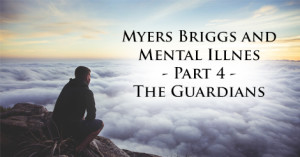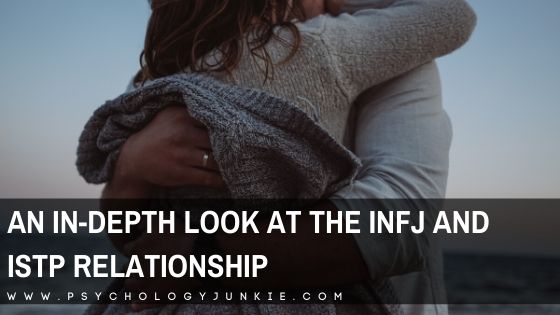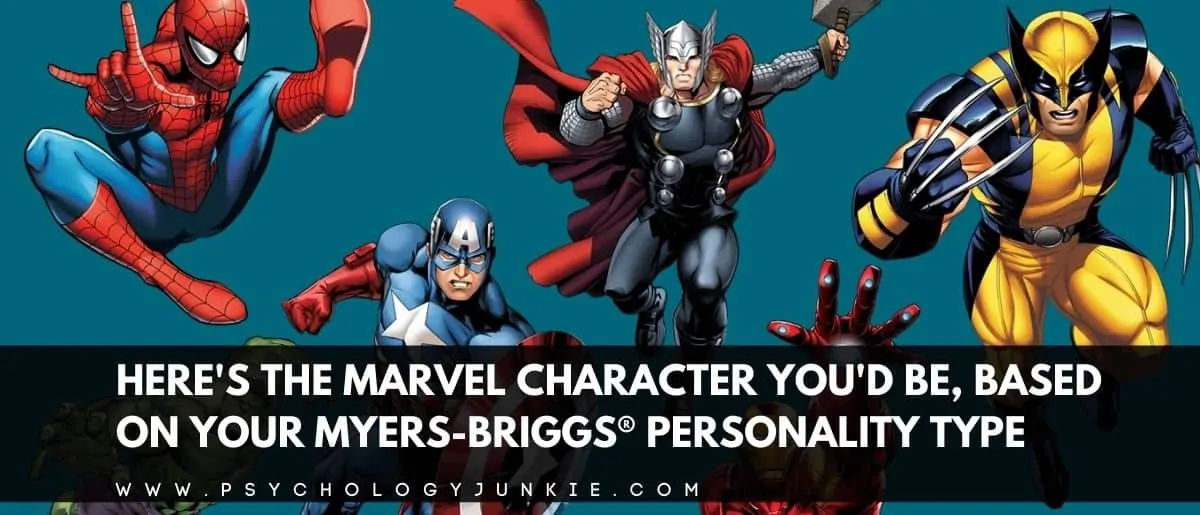Personality Type and Mental Illness – Part 4 – The Guardians
I wrote about the Myers-Briggs personality types and mental illnesses about five years ago. Since then I’ve had a change of heart and really don’t feel like it’s ethical to make any comparisons between types and the mental illnesses they may be more susceptible to. If you’d like to look into the correlations between personality type and mental illness further you can check out the links and case studies below, but I’ve deleted everything I’ve written on the subject just to avoid the possibility of it being harmful in any way.
An Empirical Investigation of Jung’s Psychological Types and Personality Disorder Features (Read this if you want to see real data about the correlation between type and mental illness)
Was That Really Me? How Everyday Stress Brings Out Our Hidden Personality by Naomi Quenk. This book is excellent in understanding the unusual ways each personality type responds to stress.
Myers Briggs Type indicator personality profiles in unipolar depressed patients – Case study
Over-representation of Myers Briggs Type Indicator introversion in social phobia patients – Case study














hey Susan, thanks for sharing the personality types through your blog. I really enjoy reading your posts. I have nominated your blog for the Liebster Award. https://alfamshakya.wordpress.com/2015/12/01/the-first-award-nominations/ 🙂
Thank you so much! I am trying to read over the page now to figure out what I need to do 🙂 Thank you again!
Wow. Thank you actually for writing this post; you, without intending to, helped me a lot. I was just about to set out and start asking other people with broad knowledge in MBTI what they think is the best way to help an ESFJ engage in her upper stack healthily, because my classmate was sent to an asylum like a week ago, and I want to write a guideline document for the rest of the class regarding MBTI of what is the best way to treat her so that she can regain her mental balance again.
If needed, you can find my article about her here: https://systematicthinker.wordpress.com/2015/12/05/esfj-and-mental-disorder/. I would like to know your further thoughts on what I could write in the guideline for the others, because I have some ideas, but this is a serious case and I don’t want to write anything stupid, because that could potentially worsen her state instead of helping her out, and I don’t want it to backfire.
Thank you in advance!
I would love to see if I can help at all! You know quite a lot already, so I may not be able to tell you many new things, but I will do what I can. I’m going to read your article and then get back to you! I’m so sorry your friend is going through all this!
One suggestion I have is to add anxiety to the list. I don’t know if there is any empirical data out there, but with my ISTJ husband this seems to manifest in his worry-wort behaviors.
That’s disappointing there’s nothing here for ESTJ, such as myself. We certainly can get depressed, especially around loss such as family members. I’ve lost 5 family in 5yrs and trust me I’ve struggled some days to find the point to living on an earth without them. I do have faith, and that gets me through, reminding me of the facts that I will be with them for all eternity. But missing them is totally overwhelming.
Thank you for this post, I’ve been struggling with PTSD, Depression and Anxiety for the past ten years and learning about my MBTI which is ESFJ, has made me understand myself. Not only turning my “nuturing” side into something that works for me and my career rather than taking over my life in a negative way. I truly can see the difference between a healthy ESFJ and an unhealthy one. I really hope there are more studies into this.